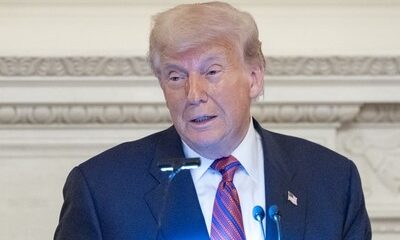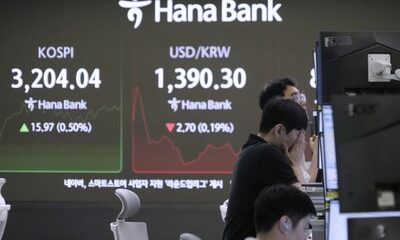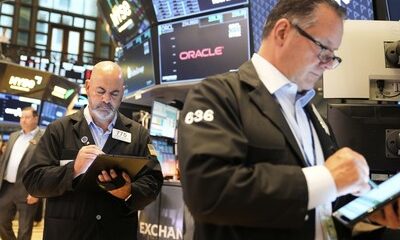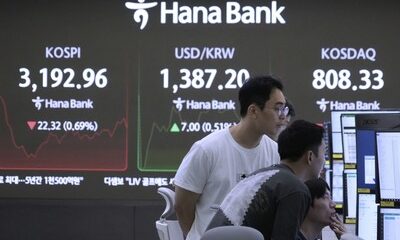KUWAIT CITY, July 23: A number of oil and economic experts shed light on whether or not the tariffs that America imposed on the European Union and many other countries around the world affect oil prices; as well as the repercussions for the Kuwaiti economy and other countries in the region that rely primarily on oil as a primary source of income, and the action that the Kuwaiti government must take to avoid the repercussions of any looming global economic crisis.
The experts stressed the need for the Kuwaiti government to fully prepare for dealing with the repercussions of the increased US tariffs on most countries. They also emphasized the importance of reducing reliance on imported goods by expanding industry, agriculture and all other sectors related to economic growth.
Oil expert Kamel Al-Harami asserted that the Trump-like increase in US tariffs on imports from European Union countries and many other countries will impact global inflation, resulting in higher commodity prices. “This could continue for at least two years until the world adjusts to these conditions. Higher prices will lead to a decline in purchasing power in European Union countries and those affected by the tariff increase, with the expected result being a drop in the price of a barrel of oil — ranging from $65 to $70,” he explained.
He said Kuwait should use the proceeds from the sale of its stake in two companies to cover the budget deficit, while investing these funds in investment projects with good financial returns for the State budget. At the same time, he warned against becoming accustomed to borrowing. Economic expert Ahmed Al-Sadhan believes that the United States’ imposition of tariffs on the European Union will inevitably lead to a decline in trade between the two sides, which will in turn lead to global economic instability.
“One of the negative repercussions of this move is the global commodity price hike, which negatively affects the economies of importing countries, including Kuwait and other Gulf states; particularly through increased import costs and a decline in global demand for oil. If the global economy slows down due to these tariffs, oil prices will decline because of low global demand,” he explained. He suggested that in order to avoid these economic crises in light of the escalating economic conflict among the United States, the European Union and other countries, Kuwait must diversify its imports, support local industry, expand its trade partnerships, and stop total dependence on oil in the long term. Dr. Manal Al-Kandari said that Trump’s announcement of a new 30 percent tariff on European Union countries has intertwined global and regional economic dimensions.
“This could lead to a decline in European exports to the US, which will result in higher prices of European products in the US market, and a decline in demand for such products. She pointed out that this will cause enormous economic damage to European companies, especially the export-dependent industries like automobiles, aircraft, electronics and technology industries, ultimately leading to an economic recession in the European Union countries. She explained that the repercussions of this recession will spill over to global markets, including Kuwait, other Gulf states and Arab countries; considering this potential recession could reduce the European Union countries’ consumption of oil, gas and all petroleum derivatives they import from Kuwait and other Gulf states. “This is especially true given that trade between Kuwait and the European Union is steadily increasing. The trade between Kuwait and the rest of Europe is significant, as international data issued by the European Statistical Office (Eurostat) showed that Kuwaiti exports to the European Union some years ago amounted to 3.5 billion euros ($3.6 billion), compared to imports of 5.5 billion euros ($5.8 billion). Therefore, a European economic recession will affect the Gulf and Kuwaiti economies,” she added
By Najeh Bilal
Al-Seyassah/Arab Times Staff

 Business12 hours ago
Business12 hours ago
 Business20 hours ago
Business20 hours ago
 Latest News11 hours ago
Latest News11 hours ago
 Business18 hours ago
Business18 hours ago
 Business19 hours ago
Business19 hours ago
 Politics15 hours ago
Politics15 hours ago
 Politics13 hours ago
Politics13 hours ago
 Politics6 hours ago
Politics6 hours ago

























